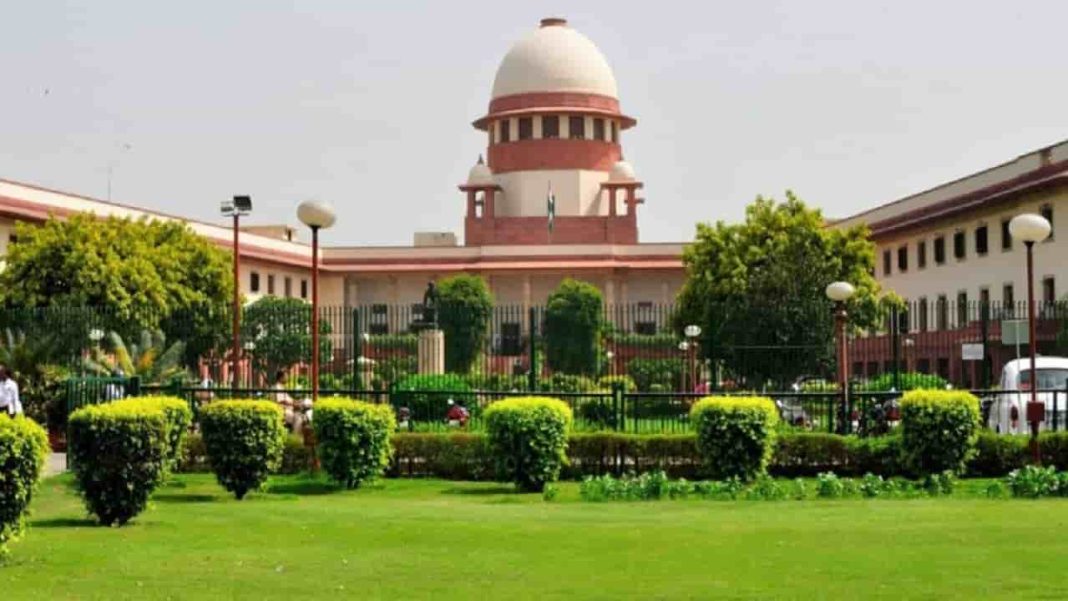On the 50th anniversary of landmark verdict in the Kesavananda Bharati vs State of Kerala case, the Supreme Court on Monday created a special webpage containing opinions of all 13 judges, who were part of the Bench, which ruled by a 7 to 6 majority that the Constitution’s basic structure could not be amended by the Parliament.
Launching the webpage, Chief Justice of India D.Y. Chandrachud said the dedicated webpage contained individual verdicts of all 13 judges, the written submissions given by lawyers and documents associated with the Kesavananda Bharati verdict, which was delivered on April 24, 1973.
The CJI said the webpage would help the researchers across the world to learn more about the landmark judgement, also known as the Fundamental Rights Case and the Basic Structure Case.
Offering copies of the historic judgment in both English and Hindi, the webpage would provide the background, introduction, key legal issues raised, arguments made, conclusion reached and reference material used in the case, he added.
It would further include the written arguments and submissions of the petitioner, respondents, and intervenors, as well as Nani Palkhivala’s brief submission on the second last day of the hearing.
The webpage would further provide reference material authored by Senior Advocate Rajeev Dhavan and Advocate Ramesh D. Garg.
Considered as one of the most celebrated constitutional cases of the country, the full court of 13 judges, the largest bench ever in the history of the country, heard the case for a record 66 days, from October 31, 1972 to March 16, 1973.
The Bench comprising Chief Justice S. M. Sikri, Justice J. M. Shelat, Justice K. S. Hegde, Justice A. N. Grover, Justice A.N. Ray, Justice P. Jaganmohan Reddy, Justice D. G. Palekar, Justice H. R. Khanna, Justice K. K. Mathew, Justice M. H. Beg, Justice S. N. Dwivedi, Justice A. K. Mukherjea and Justice Y. V. Chandrachud reserved its verdict on March 23, 1973 and delivered the same on the next day.
The case raised crucial constitutional questions regarding the Parliament’s authority to modify the Constitution.
The Bench established the fundamental structure doctrine of the Constitution, asserting that specific fundamental features of the Constitution, such as democracy, secularism, federalism, and the rule of law, could not be changed or altered by the Parliament.
It also noted that the power of judicial review was an essential part of the basic structure of the Constitution, which could not be revoked by the Parliament through constitutional amendments.


